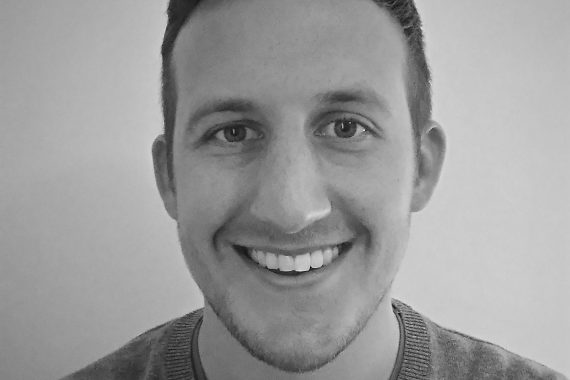Pressures of general practice are making it hard to care

When I applied to medical school as a spotty and socially inept teenager, I remember being given three golden rules on what not to say in an interview when asked ’So why do you want to do medicine?’ The responses to avoid were along the lines of:
Being caring, sometimes, is quite hard work
’I went with my nan to her gynaecology appointment and I saw what the doctor did and thought, that’s what I want to do.’
’I used to play doctors and nurses when I was a baby and since then have watched every episode of Scrubs and I’ve wanted to be a doctor since I was a blastocyst.’
’I really care about people and want to make them all better’ (best delivered without blinking).
Mercifully I applied to a university which didn’t interview prospective students, but have recently been thinking about what it means to care about or for a patient.
Doctors (other healthcare professionals are available) are generally regarded as caring folk. We have historically been given respect and prestige in return for caring for the health of our patients, sometimes to the detriment of our own well-being. Caring is a fundamental aspect of what we do. It is not unreasonable to argue that this is particularly pertinent in general practice, where such a large part of the job involves empathy and basic human interaction and support.
Most of the time, I do care. I want my patients to feel and get better. I want people to feel that the consultation has moved them forwards with their illness (or at least towards the car park). Usually I feel genuine compassion for the people I see in each clinic. Sometimes though, I feel like I don’t.
According to the Cambridge Dictionary, care as a noun is defined as ’the process of protecting someone or something and providing what that person or thing needs’. Interestingly, care as a verb means ’to think that something is important and to feel interested in it or upset about it’. The former definition is what we do every minute of every day for patients, whether we are tired or stressed or positively glowing with energy. Whenever a patient needs something, I’m confident that we provide it if we possibly can – we provide care for them. The latter relies upon an emotional resilience that is impossible to sustain indefinitely but often still present – we care about them.
In times of tiredness, overwhelming workload or any of the other minutiae which can creep up and sap away at one’s reserve, being asked to feel ‘caring’ presents an insurmountable challenge. A ‘caring’ doctor would ignore the practice policy and write another sick-note for a couple of days, right? A ‘caring’ doctor would squeeze in an extra patient or three at the end of the day because the patient’s employer isn’t being flexible – correct? Being caring, sometimes, is quite hard work. Being caring can leave oneself open to accepting an unsustainable workload and feeling guilty about not going the extra mile.
The pressures facing general practice are making it hard enough to provide care – the knock on effect makes it harder to feel caring.
Dr Danny Chapman is a locum GP in east and south Devon
Pulse October survey
Take our July 2025 survey to potentially win £1.000 worth of tokens











